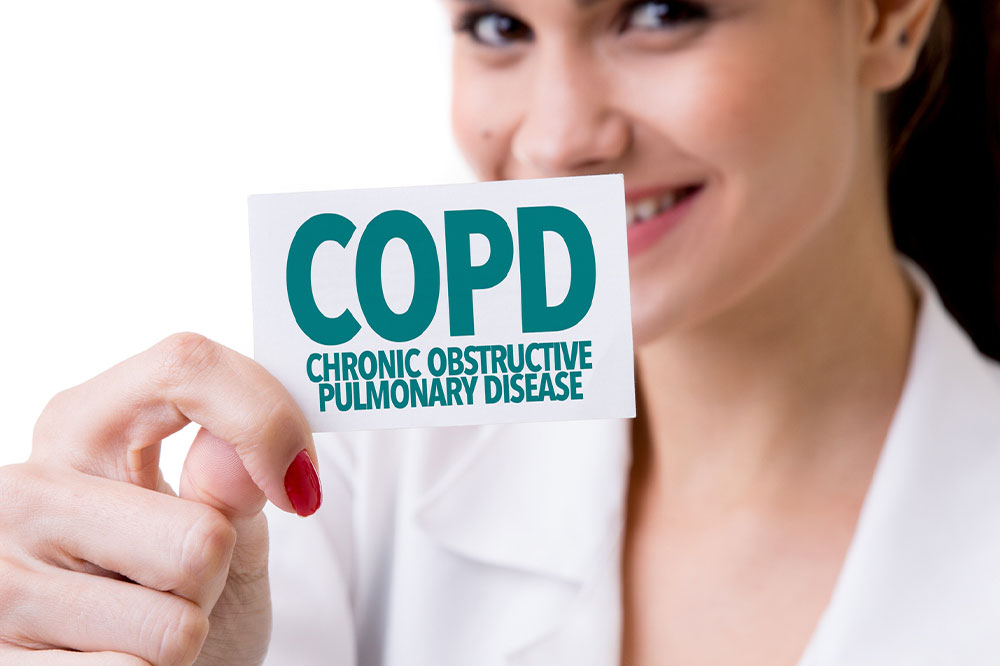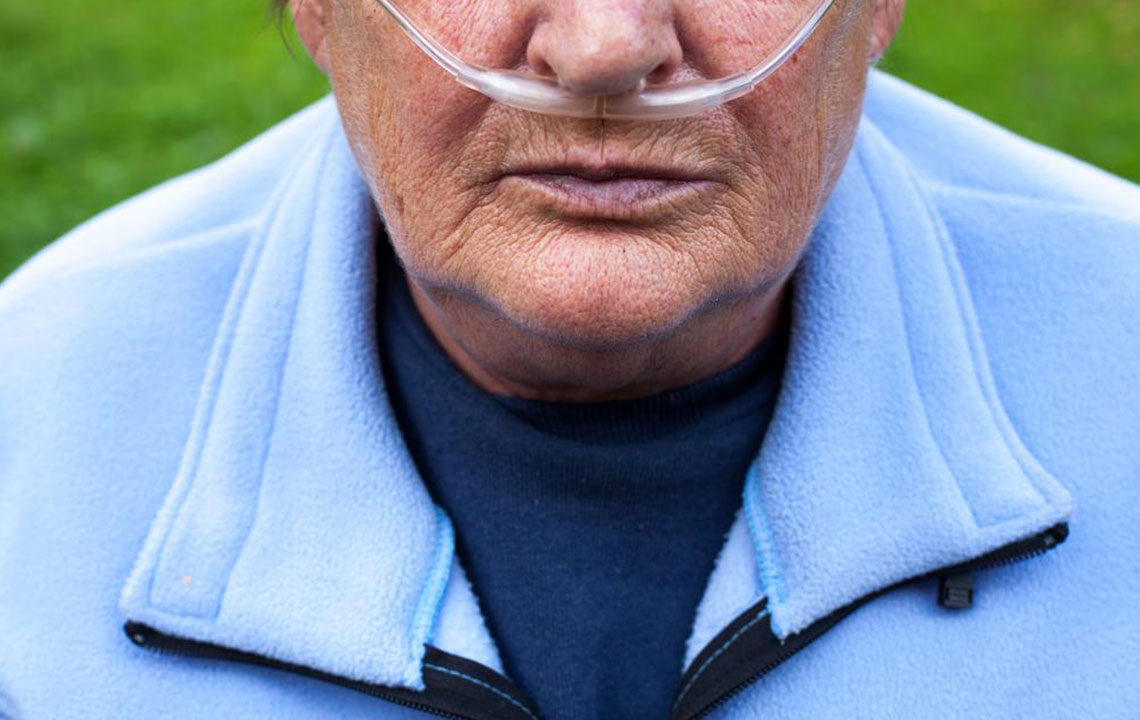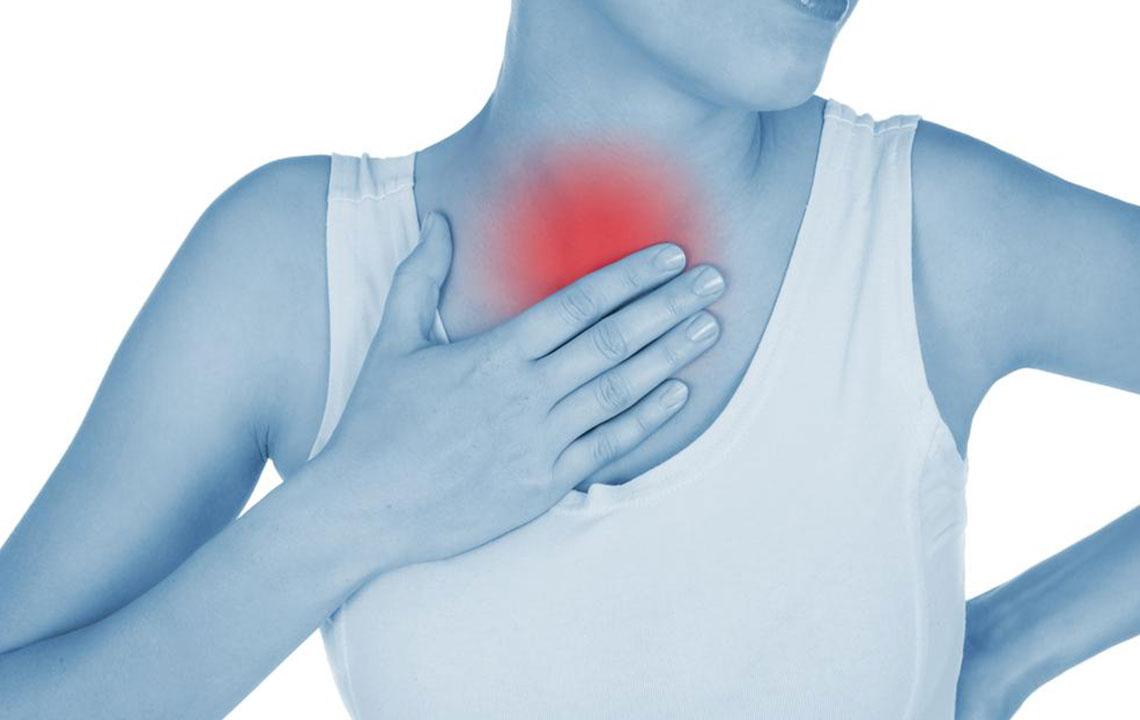Effective Strategies and Treatments for Managing COPD
Learn about comprehensive COPD management strategies, including medications, lifestyle changes, and natural remedies. Early intervention, quitting smoking, and a balanced diet can help control symptoms and slow disease progression, improving quality of life. Consult healthcare professionals for personalized treatment plans to effectively manage COPD and reduce health risks.

Effective Strategies and Treatments for Managing COPD
Chronic obstructive pulmonary disease (COPD) is a progressive lung condition characterized by airway inflammation and airflow obstruction. Conditions like chronic bronchitis and emphysema are common contributors, often occurring together. The primary causes include cigarette smoke and inhalation of harmful gases. COPD increases vulnerability to heart issues and certain cancers. Although it worsens gradually over time, proper management can improve quality of life.
Symptoms
Many individuals remain asymptomatic until significant lung damage occurs. Smoking exacerbates symptoms, which vary among patients. Typical signs include:
Coughing and wheezing
Breathlessness
Chest tightness
Repeated respiratory infections
Fatigue and weakness
Weight loss
Changes in sputum color
Swelling in ankles and legs
Anxiety
Fluid retention
Sleep difficulties
Cold intolerance
Causes and Risk Factors
COPD development varies per individual; diagnosis depends on symptoms and causes. Key factors include:
Smoking
The leading cause, affecting both smokers and those exposed to secondhand smoke. The more you inhale tobacco smoke, the higher your risk.
Asthma
If unmanaged, asthma can damage lungs and contribute to COPD, especially with smoking habits.
Environmental Pollution
Exposure to chemical fumes, dust, and airborne irritants like silica, cadmium, or welding fumes can inflame and damage lungs.
Genetic Predisposition
Genetic factors such as alpha-1 antitrypsin deficiency impair lung tissue protection, increasing COPD risk.
Management and Treatment Options
Treatment strategies depend on disease severity, aiming to control symptoms, slow progression, and enhance quality of life. Options include:
Smoking Cessation
Quitting smoking is essential to halt disease progression. Support through medications like nicotine replacement therapy can assist in this process. Avoid secondhand smoke diligently.
Medications
Different drugs help alleviate symptoms:
Bronchodilators
Inhalers relaxing airway muscles, including short- and long-acting forms like Albuterol, Ipratropium, and Tiotropium.
Inhaled Steroids
Reduce airway inflammation; prescribed for frequent exacerbations, e.g., Fluticasone, Budesonide.
Combined Inhalers
Mix bronchodilators with steroids, such as Fluticasone/Vilanterol.
Systemic Steroids
Used during severe flare-ups; long-term use can cause side effects like osteoporosis or weight gain.
Anti-inflammatory Agents
Roflumilast diminishes airway inflammation in severe cases.
Theophylline
Cost-effective option that loosens airway muscles; monitoring for side effects is essential.
Antibiotics
Prevent bacterial infections that worsen COPD, e.g., Azithromycin.
Breathing and Support Therapies
Includes:
Oxygen Therapy
Supplemental oxygen improves blood oxygen levels, enhancing life quality, especially in severe cases.
Pulmonary Rehab
Combines education, tailored exercises, nutrition, and counseling to improve overall functioning.
Surgical Options
For advanced COPD unresponsive to medication:
Lung Volume Reduction
Removal of damaged lung tissue to bolster remaining healthy tissue.
Lung Transplant
Replaces severely damaged lungs; lifelong immunosuppressants are required.
Bullectomy
Excising large air spaces to enhance airflow.
Natural and Lifestyle Strategies
In addition to medications, lifestyle changes support management:
Improve Indoor Air Quality
Minimize exposure to pollutants, clean regularly, use air purifiers, and ensure proper ventilation.
Breathing Techniques
Practice diaphragmatic and pursed-lip breathing to ease symptoms.
Stress Management
Reduce emotional stress via meditation, listening to music, or gentle activities.
Healthy Weight Maintenance
Balanced diet and portion control prevent additional strain on lungs and heart.
Exercise Safely
Engage in moderate physical activity like water exercises and strength training after medical approval to boost stamina.
Dietary Tips
Nutrient-rich foods, high in antioxidants, healthy fats, and lean proteins, bolster immune function and lung health. Incorporate fruits, vegetables, whole grains, nuts, beans, and fish into your diet.
Effective COPD management combines tailored medications, lifestyle modifications, and nutritious eating. Early diagnosis and proactive treatment can significantly enhance life quality and longevity. Consult your healthcare provider if you experience symptoms.










